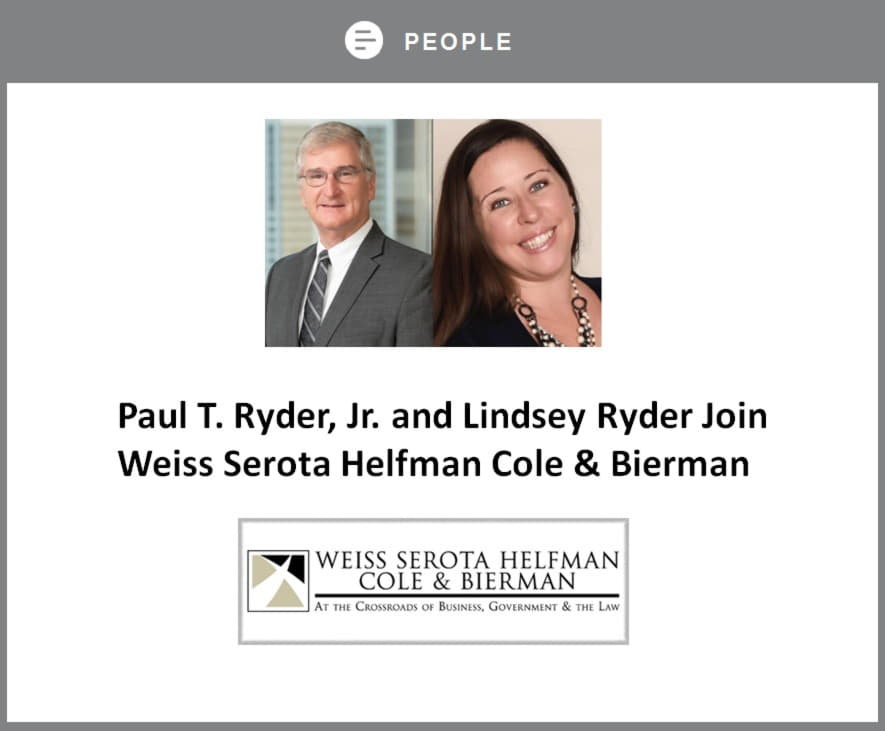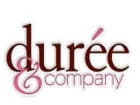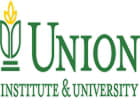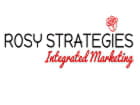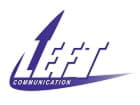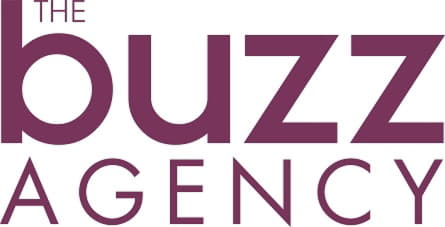MIAMI--(BUSINESS WIRE)--Ryder System, Inc. (NYSE: R), a leader in supply chain, dedicated transportation, and commercial fleet management solutions, reported results for the three months ended September 30 as follows:
CEO Comment
Commenting on the company's third quarter results, response to the challenges of COVID-19, and the current business environment, Ryder Chairman and CEO Robert Sanchez said, "Over the last year, we've taken significant actions to address a historic downturn in the used vehicle market and the impacts from COVID-19 on our used vehicle sales, commercial rental, and automotive supply chain businesses. These actions include adjusting our vehicle residual values, reducing the size of our rental fleet, and lowering operating and overhead costs. In addition, we have remained focused on our strategic initiatives to achieve our goal of 15% adjusted return on equity.
"In the third quarter, we saw improvement in the areas of our business most directly impacted by the pandemic. An improved freight environment contributed to the stabilization of used vehicle and rental market conditions in the quarter. Strong automotive production activity benefited our supply chain automotive business. We also continued to see the positive results of the actions we are taking.
"Fleet management results benefited from a declining impact from prior residual value estimate changes as well as improved lease performance. Lease performance benefited from higher pricing on lease vehicles reflecting our lease pricing initiative, and lower maintenance costs, including benefits from our cost-savings initiative. We realized gains on used vehicle sales from higher sequential pricing and lowered our inventory from the second quarter, driven by record used vehicle sales volume. We now expect our used vehicle inventory at year-end to be within our target range. We also continue to see solid momentum in the recovery of commercial rental due to increased freight activity, as well as actions taken to downsize the fleet. Utilization in the third quarter of 71% was up significantly from 56% in the prior quarter and October utilization to date is trending higher sequentially. Utilization for the fourth quarter is expected to be in line with the prior year.
"In our supply chain business, automotive revenue exceeded pre-COVID levels during the quarter, primarily reflecting higher automotive production support activity following shutdowns earlier this year. We're seeing strong sales in our supply chain business driven by favorable outsourcing trends. Growth with new and existing supply chain customers, as well as high COVID-19 related volumes and temporary cost benefits, resulted in pre-tax margins above our target range. Our supply chain business is also benefiting from accelerating trends in areas such as last-mile delivery of big-and-bulky goods and e-commerce fulfillment. Ryder Last Mile revenues were up nearly 30%, delivering returns in the quarter well above our overall target for SCS. These results were driven by new business as well as higher volumes partially due to COVID-19. We recently expanded our e-fulfillment distribution network and deployed automation technology.
"Looking ahead to the fourth quarter, we anticipate returns in supply chain and dedicated to moderate, reflecting seasonality and lower COVID-related activity, and to be within their target ranges for the full year. Also in the fourth quarter, we will be awarding our front-line employees a special recognition and retention bonus for their extraordinary efforts as essential workers during this pandemic, resulting in a one-time expense of approximately $30 million. We expect these sequential headwinds to be partially offset by a declining impact from depreciation due to prior residual value estimate changes and other items. In rental, we expect return improvements to accelerate in the fourth quarter due to higher demand and improved utilization. In lease, we expect the fleet to continue to decline; however, pricing is expected to be higher reflecting our pricing initiative. We anticipate record free cash flow of $1.4 to $1.5 billion in 2020, significantly above the prior year negative free cash flow of $(1.1) billion. Additionally, in the fourth quarter we expect to resume our anti-dilutive share repurchase program which was temporarily paused due to COVID-19.
"I would also like to highlight our recent announcement of RyderVentures, a corporate venture capital fund aimed at investing $50 million over the next five years. The fund plans to invest in and partner with start-up companies that are developing new technologies that address disruptions in the supply chain, driven by accelerating demand for e-commerce fulfillment, asset sharing, next-generation vehicles, automation, and data analytics, among others."
In the Fleet Management Solutions (FMS) business segment, total revenue and operating revenue declined primarily due to a 16% decrease in commercial rental revenue resulting from lower demand, partially offset by higher pricing on lease vehicles.
FMS EBT increased by $125 million reflecting a declining impact of depreciation expense from prior vehicle residual value estimate changes and higher gains on used vehicles sold together totaling $108 million. Results also benefited from higher pricing on lease vehicles and lower maintenance costs, including benefits from our cost-savings initiative. Used vehicle sales results improved from the prior year from lower inventory valuation adjustments and higher gains on used vehicles sold. These benefits were partially offset by lower commercial rental results. Rental power fleet utilization in the quarter was 71% as compared to 56% in the second quarter and 74% in the prior year. Utilization increased throughout the third quarter due to improving economic conditions and actions taken to reduce the rental fleet size. FMS earnings before tax as a percentage of FMS operating revenue is below the company's long-term target of high single digits, reflecting depreciation from prior residual value estimate changes and lower rental results.
In the Supply Chain Solutions (SCS) business segment, total revenue and operating revenue increased primarily due to new business, higher volumes, and increased pricing. Increased volumes were partly due to higher automotive production support following shutdowns earlier in the year, as well as COVID-19 related freight increases in the consumer packaged goods vertical and Ryder Last Mile.
SCS earnings before tax increased due to new business, higher pricing, and improved operating performance. SCS EBT as a percentage of SCS operating revenue is above the company's long-term target of high single digits.
In the Dedicated Transportation Solutions (DTS) business segment, total revenue and operating revenue declined primarily due to non-renewed business and lower volumes.
DTS earnings before tax increased due to a declining impact associated with prior residual value estimate changes, a one-time benefit from a customer contract termination, and improved operating performance. DTS EBT as a percentage of DTS operating revenue is above the company's long-term target of high single digits.
Corporate Financial Information
Income Taxes
Our effective income tax rate from continuing operations for the third quarter of 2020 was an expense of 17.7% as compared to an expense of 0.3% in the prior year. The tax rate was impacted by additional depreciation expense in both periods. The comparable effective income tax rate (a non-GAAP measure) from continuing operations for the third quarter of 2020 was an expense of 17.9% as compared to an expense of 7.0% in the prior year.
Capital Expenditures, Cash Flow, and Leverage
Year-to-date gross capital expenditures decreased to $0.8 billion in 2020 compared with $3.0 billion in 2019 due to lower investments in the lease and rental fleets. The company now expects full year 2020 gross capital expenditures of $1.0 billion to $1.1 billion versus the prior forecast of $1.0 billion to $1.3 billion.
Year-to-date operating cash flow was $1.7 billion in 2020, up from $1.6 billion in 2019. Free cash flow (a non-GAAP measure) was positive $1.2 billion, compared with negative $(965) million in 2019, reflecting decreased capital spending. The company expects full year 2020 operating cash flow of $2.0 to $2.1 billion. Due to lower capital spending, the company expects full year 2020 free cash flow of $1.4 billion to $1.5 billion as compared with negative free cash flow of $(1.1) billion in the prior year.
Debt-to-equity as of September 30, 2020 was 346%, compared with 377% at the end of the second quarter and 320% at year-end 2019, and above the company's long-term target of 250-300%. The increase in debt-to-equity from year-end 2019 reflects the reduction in equity related to higher depreciation expense, a higher cash balance due to the uncertainty of the economic environment, and a pension equity charge. These items were partially offset by a reduction in debt due to higher free cash flow. A higher than normal cash balance and the pension equity charge increased debt-to-equity by approximately 25 and 10 percentage points, respectively.
Business Description
Ryder System, Inc. is a leading supply chain, dedicated transportation, and commercial fleet management solutions company. Ryder’s stock (NYSE: R) is a component of the Dow Jones Transportation Average and the S&P MidCap 400® index. The company’s financial performance is reported in the following three, inter-related business segments:
- Supply Chain Solutions – Ryder’s SCS business segment optimizes logistics networks to make them more responsive and able to be leveraged as a competitive advantage. Globally-recognized brands in the automotive, consumer goods, food and beverage, healthcare, industrial, oil and gas, technology, and retail industries rely on Ryder’s leading-edge technologies and world-class logistics engineers to help them deliver the goods that consumers use every day.
- Dedicated Transportation Solutions – Ryder’s DTS business segmentcombines the best of Ryder’s leasing and maintenance capability with the safest and most professional drivers in the industry. With a dedicated transportation solution, Ryder helps customers increase their competitive position, reduce risk, and integrate their transportation needs with their overall supply chain.
- Fleet Management Solutions – Ryder’s FMS business segment provides a broad range of services to help businesses of all sizes, across virtually every industry, deliver for their customers. From leasing, maintenance, and fueling, to commercial rental and used vehicle sales, customers rely on Ryder’s expertise to help them lower their costs, redirect capital to other parts of their business, and focus on what they do best – so they can grow.
For more information on Ryder System, Inc., visit investors.ryder.com and ryder.com.




